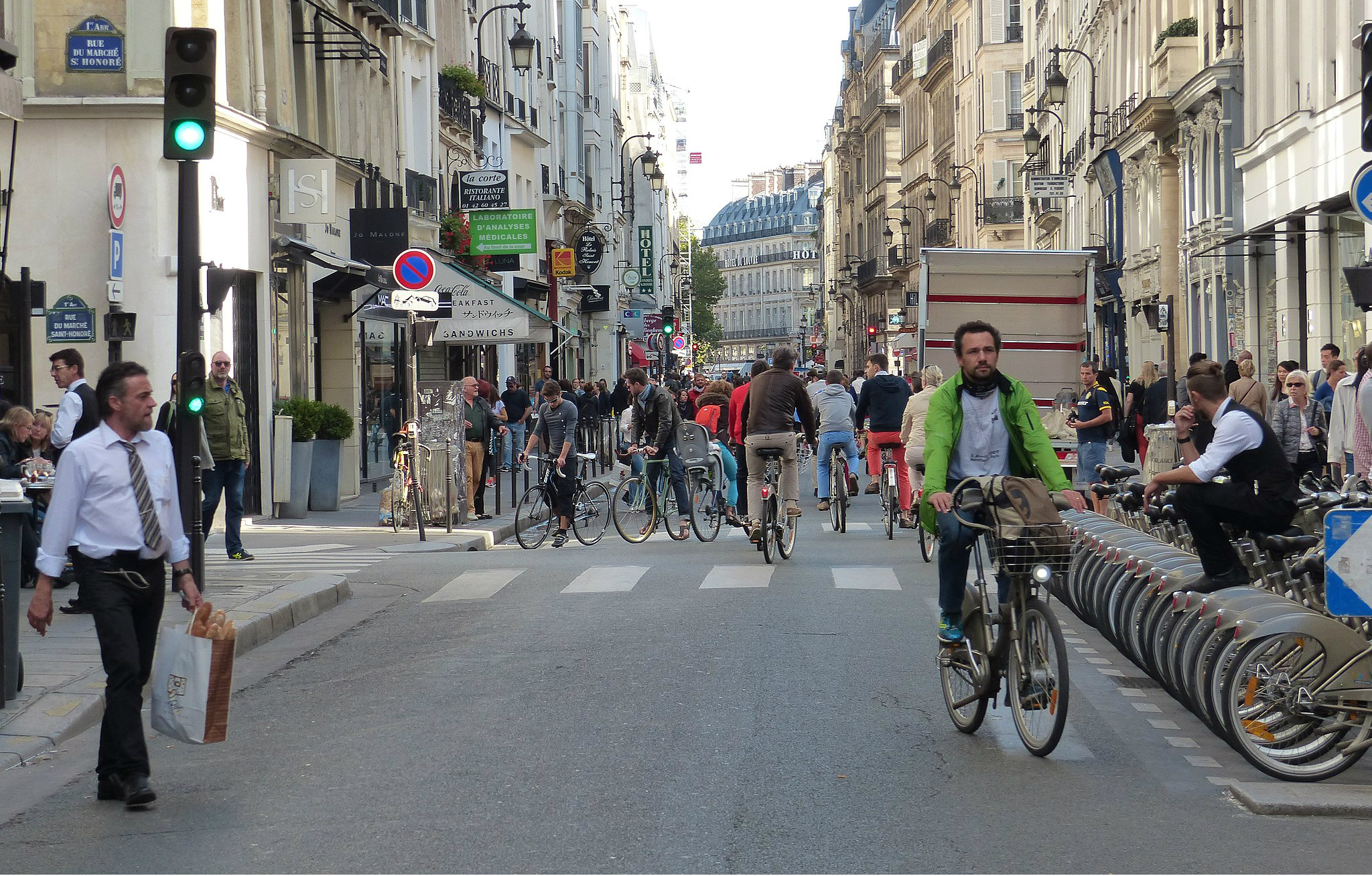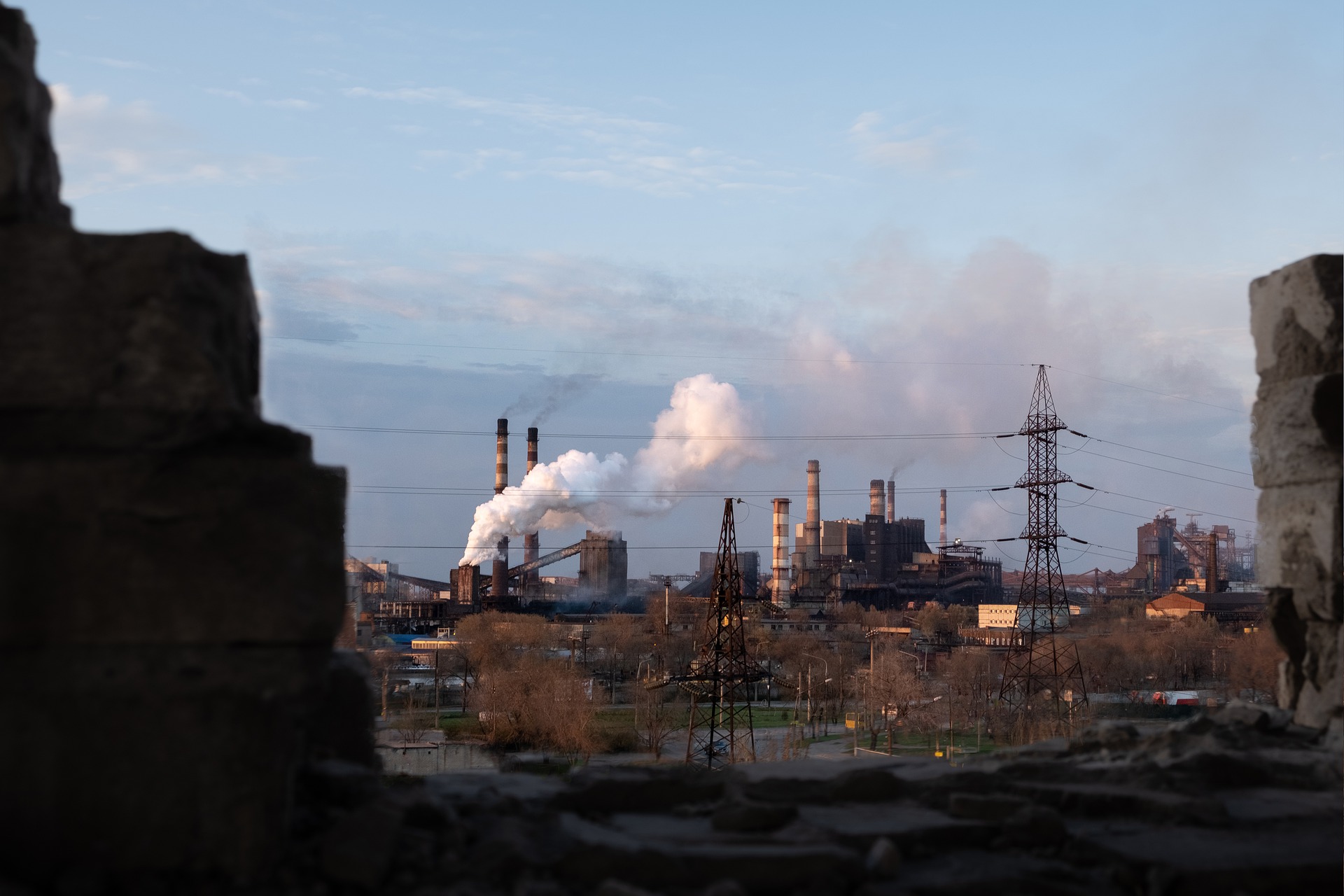Air pollution is the greatest environmental threat to public health globally. The World Health Organization (WHO) recently issued stricter recommendations on safe air pollution levels, in a bid to curb the millions of premature deaths and loss of millions more healthy years of life caused by air pollution. A new study indicated that air pollution caused 1.1 million deaths in Africa in 2019 and, globally, it causes over 7 million deaths per year.
The issue will be an important component of the United Nations Climate Change Summit, known as COP26, which starts in the UK at the end of the week.
A United Nations Environment Programme (UNEP) report showcases many countries’ progress in tackling air pollution through legislation, measured against a robust air quality governance model developed as part of the research.
We sat down with Patricia Kameri-Mbote, the lead environmental law and governance expert at UNEP to discuss the key findings of the report, which could help countries develop ambitious global air quality standards.
UNEP: Air pollution kills 7 million people a year, more than COVID-19, at least by official counts. Do you think countries take the threat of air pollution seriously enough?
Patricia Kameri-Mbote: Well, the report concludes that despite the increase in laws and regulations to address air pollution, air quality continues to deteriorate. So, while there is clearly an effort from some countries to deal with air pollution, more focus must be put on efforts at a global scale. While the report importantly draws attention to progress made in many countries, significant challenges remain if we are to protect human health and well-being and address the triple planetary crisis.

UNEP: Earlier this year, a court refused to extradite a man over concerns about air quality. Why was that ruling significant?
PKM: This decision by the administrative court of appeals in Bordeaux, France, is indeed significant because it is the first time that pollution has been considered in a decision. The French court decided that, given the extreme levels of air pollution in the man’s home country, returning him there would endanger his already frail health. The court in this case makes a direct link between human life and the environment and in so doing, reinforces the broader agenda on the right to a healthy environment. While many countries have set ambient air quality standards, they fall short of providing for every person’s right to be protected from environmental harm including air pollution. The case can therefore be a good basis for encouraging countries with less developed environment and health legislation to speed up enactments relating to the right to a healthy environment.
UNEP: A UNEP study from earlier this month revealed that 1 in 3 countries do not have legally mandated air quality standards. Is that contributing to the air pollution death toll?
PKM: Most countries surveyed in the report have air quality standards within a legislative instrument. While this indicates a global trend in legislating for air quality standards, still many national air quality regimes don’t have the measures needed to achieve public health or ecosystem health objectives. Legislation establishing air quality standards is important to reduce the impacts of air pollution on the public and the environment. Legislation can enable citizens to hold government institutions responsible for air quality. It can also establish processes for monitoring, enforcement, and public participation in air quality control which could have significant impacts on improving air quality.
There are also many reasons why air quality standards are not incorporated in legislation. As the World Health Organization 2005 guidelines admit, one of them is lack of prioritization of public health in air quality law. Many countries also do not perceive air quality as a problem.
UNEP: The science is clear: air pollution kills. Why do you think so many countries still don’t have laws governing air quality?
PKM: It is a challenging task for public authorities to embed air quality standards in legislation. They must make social and economic choices to meet air quality standard levels, beyond assessment and information requirements.
Also, without an international regime on air quality standards, having many different national laws might also be a barrier to adopting contemporary approaches. Many countries need further guidance.
UNEP: The report found that even in countries with air quality laws in the books, most of those don’t meet standards outlined by WHO. Why are the laws in so many countries relatively toothless?
PKM: These guideline values set by the WHO are not meant to be binding upon States. They were designed to protect human health from the harmful effects of air pollution. The report finds that indoor and outdoor air pollution are “among the leading avoidable causes of diseases and death globally, and the world’s largest single environmental health risk”. They are “a cause of global health inequities, affecting in particular women, children and old persons, as well as low-income populations”. So, following the WHO guidelines is a matter of public health.
The WHO guidelines reflect a high degree of scientific consensus, giving them global authority. Countries can use them as a benchmark to inform legislation and policy. In some cases, air quality standards in national laws do not comply with the WHO air quality guidelines. This may reflect a process of transitioning to more stringent standards over time, subject to political and economic circumstances.
UNEP: In your mind, what should air quality laws look like? In other words, what are the essential elements of proper air quality standards?
PKM: Air quality laws should follow a robust air quality governance system informed by science. In other words, they should set requirements for institutional responsibility, monitoring, accountability, planning and sanctions, as well as public participation and human rights.
UNEP: How can countries go about improving their air quality laws?
PKM: UNEP’s Law Division works with countries to develop, implement and strengthen laws and institutions for environmental management and sustainable development. Through the Fifth Montevideo Environmental Law Programme’s digital backbone, UNEP Law and Environment Assistance Platform (LEAP), countries can submit requests for technical legal assistance to improve their air quality laws. UNEP stands ready to provide legal technical assistance to countries to address the air pollution crisis as part of the Montevideo Programme.
UNEP: Sceptics might say tightening air quality laws will weigh on industry, stymieing the economy and leading to job losses. What do you say to that?
PKM: UNEP and other stakeholders have been advocating for the shift from a carbon-based to a green economy. In a green economy, growth in employment and income are driven by public and private investment that allows reduced carbon emissions and pollution, enhanced energy and resource efficiency, and prevention of biodiversity loss. Tightening air quality laws would contribute to this shift and to achieving the sustainable development goals, including SDG 8 on decent work and economic growth.
UNEP: Along with the laws, I suspect enforcement is important. Are air quality laws simply ignored in many places? If so, how can countries make sure they’re enforced?
PKM: Enforcement mechanisms to ensure air quality standards are met can be complex to design. Still, many interesting approaches to enforcement taken by some countries show possible options for others to explore.

UNEP: Air pollution cuts across borders, so pollution in one country can affect people in another. Are there any international accords on air pollution?
PKM: Yes, there are. The UNEP report shows that we need cooperation between countries to effectively control air pollution across borders. Some global treaties on air pollution include the Vienna Convention, the Montreal Protocol, the Climate Change Convention, the Kyoto Protocol, the Paris Agreement, the Stockholm Convention, and the Minamata Convention on Mercury. At the regional level, there is also a Pan-European Air Pollution treaty, which has been particularly successful in encouraging European countries to pass laws on cross-border air pollution.
UNEP: How important are international agreements in combating air pollution? And is there political will to make those happen?
PKM: There is no doubt that an international agreement could help, but ultimately it will be up to governments. As I’ve already said, our report finds that without an international regime on air quality standards, having many different national laws might also be a barrier to adopting contemporary approaches.
Currently, no international treaty requires or encourages countries to adopt air quality standards. The report finds that there is a case for a complementary global treaty.
UNEP: In many countries, especially in the developing world, air pollution is getting worse. Are you optimistic that humanity can tackle this issue?
PKM: Yes, I’m optimistic! To tackle air pollution, we need to act fast and together. Strengthening air quality laws and regulations is one key policy action to significantly improve air quality. The report points out that ambient air is not yet legally protected everywhere. If we support countries so that all have robust air quality laws, we can improve air quality globally. We can achieve this together, leaving no one behind.
For further information, please contact Lais Paiva Siqueira: [email protected], Allan Meso: [email protected] or Renee Gift: [email protected]
